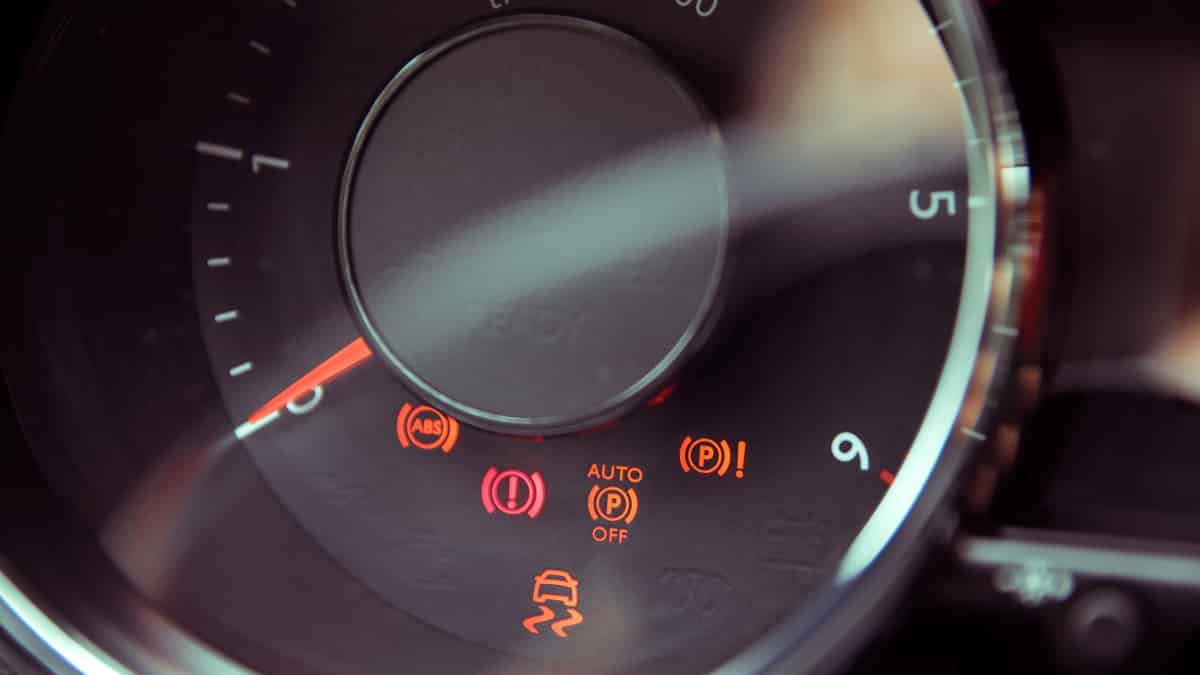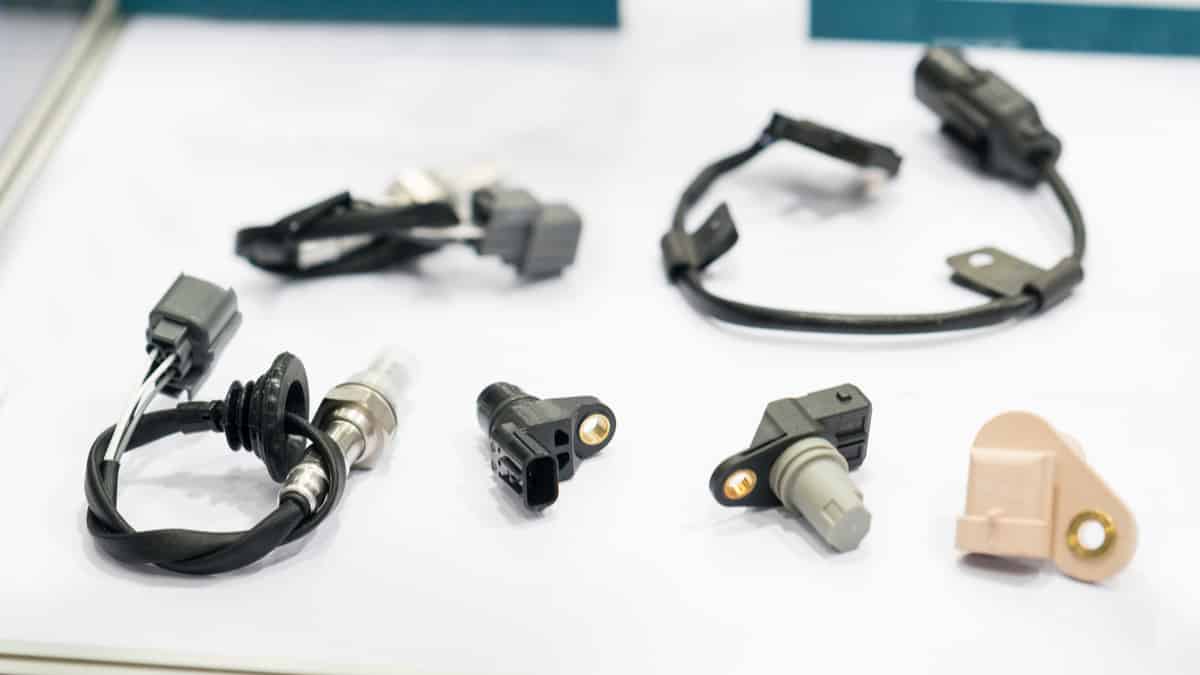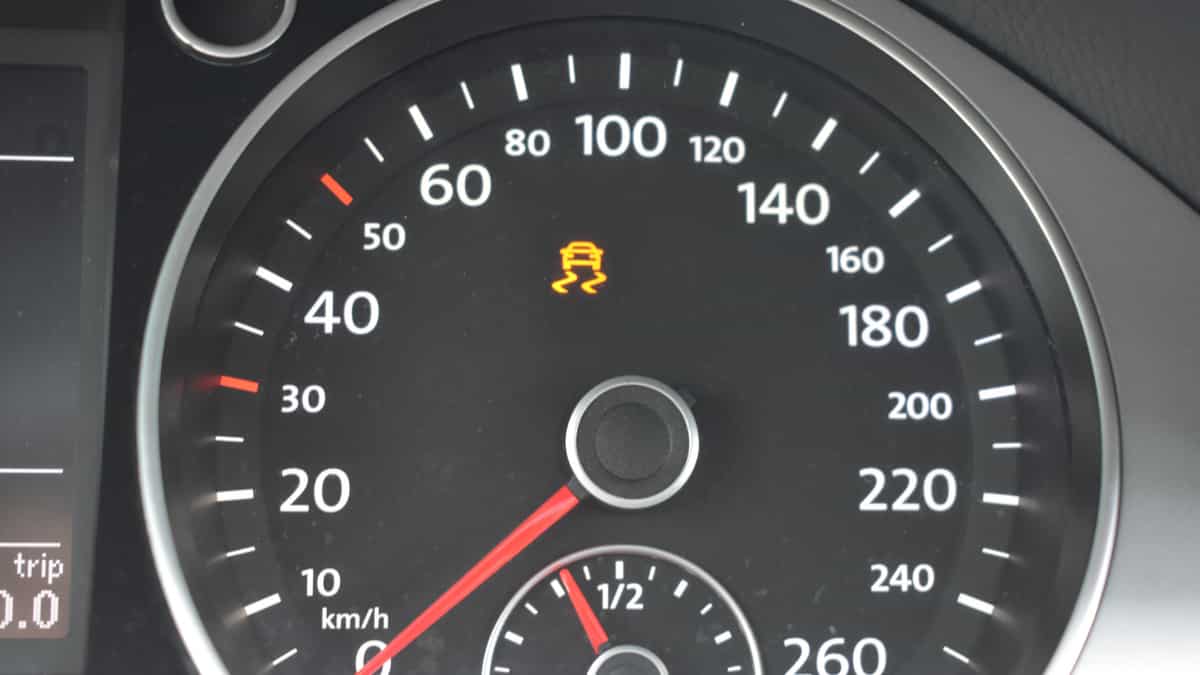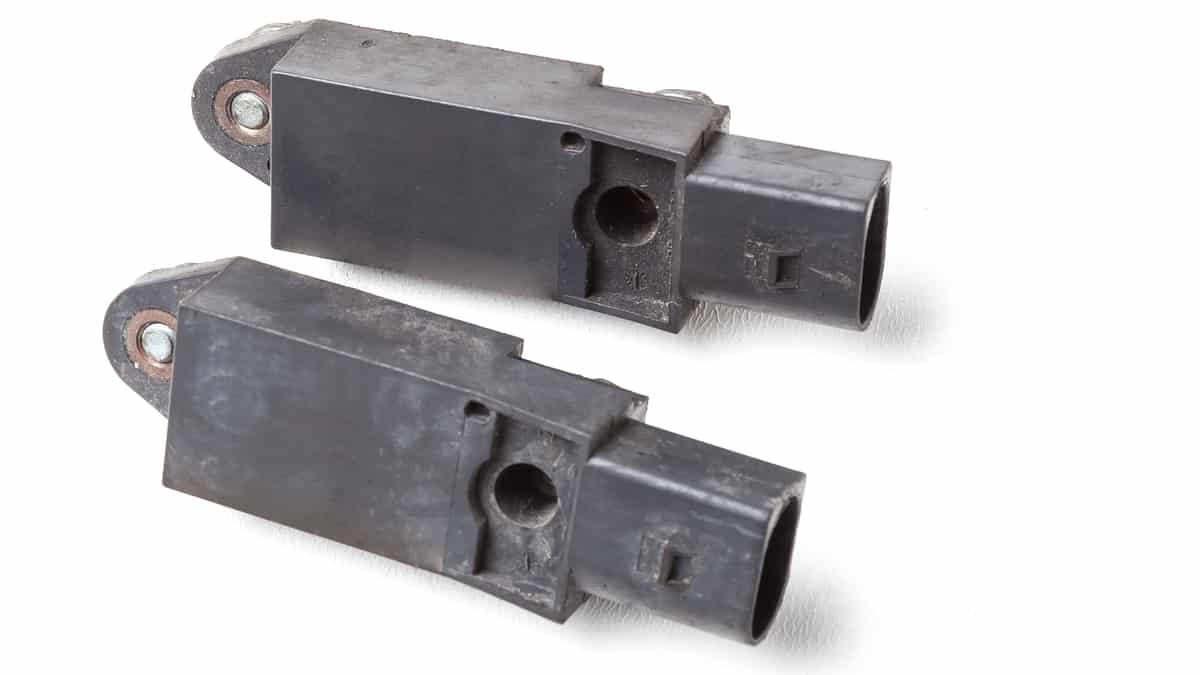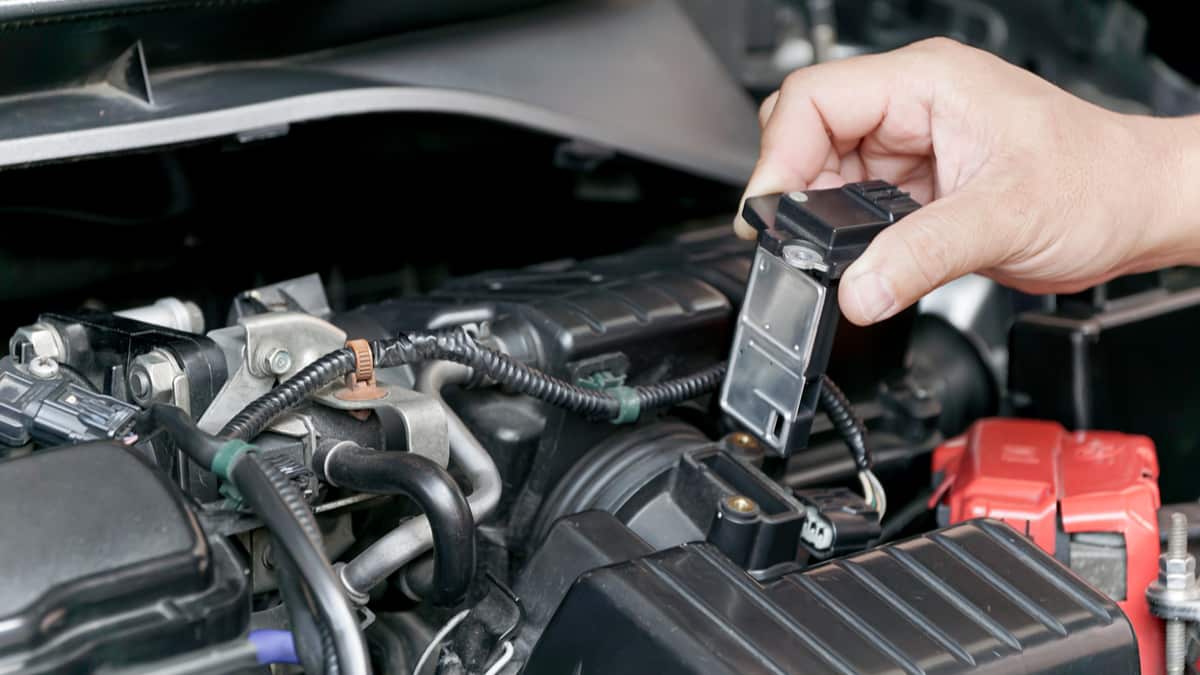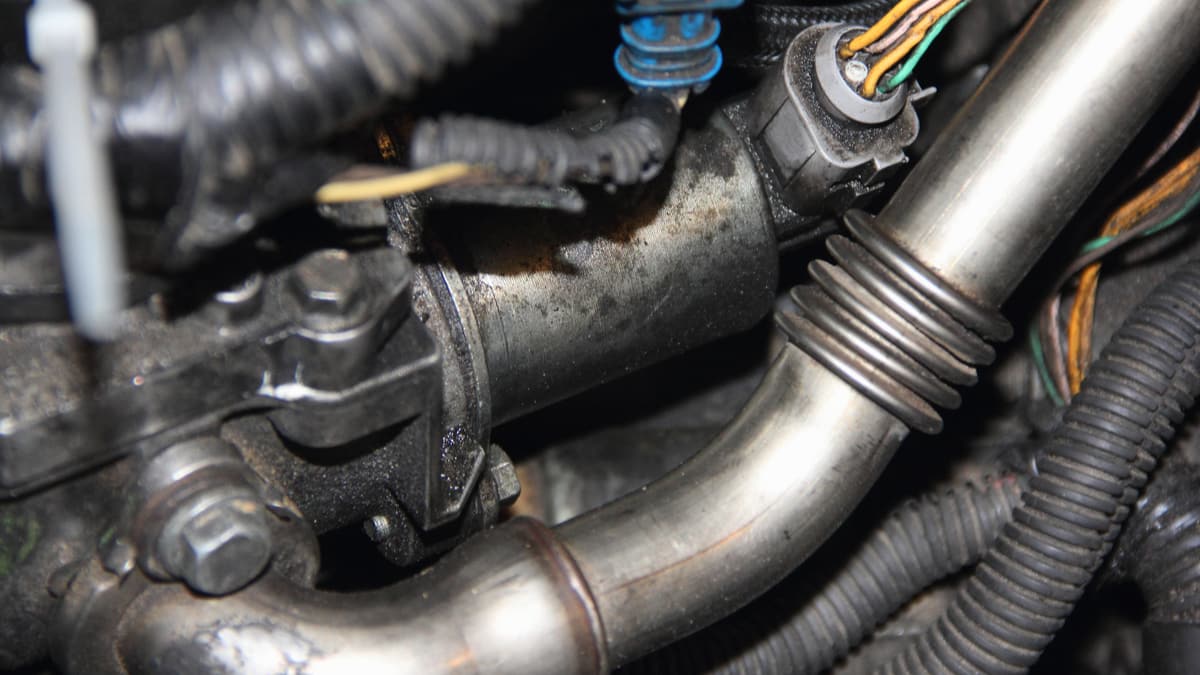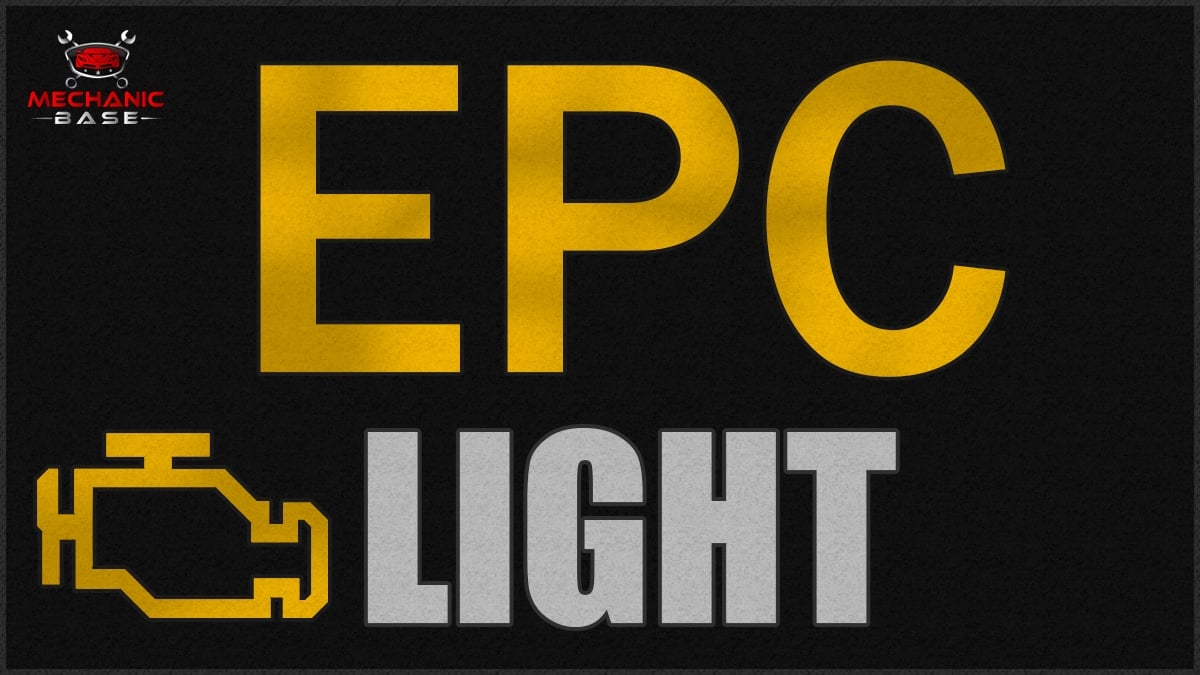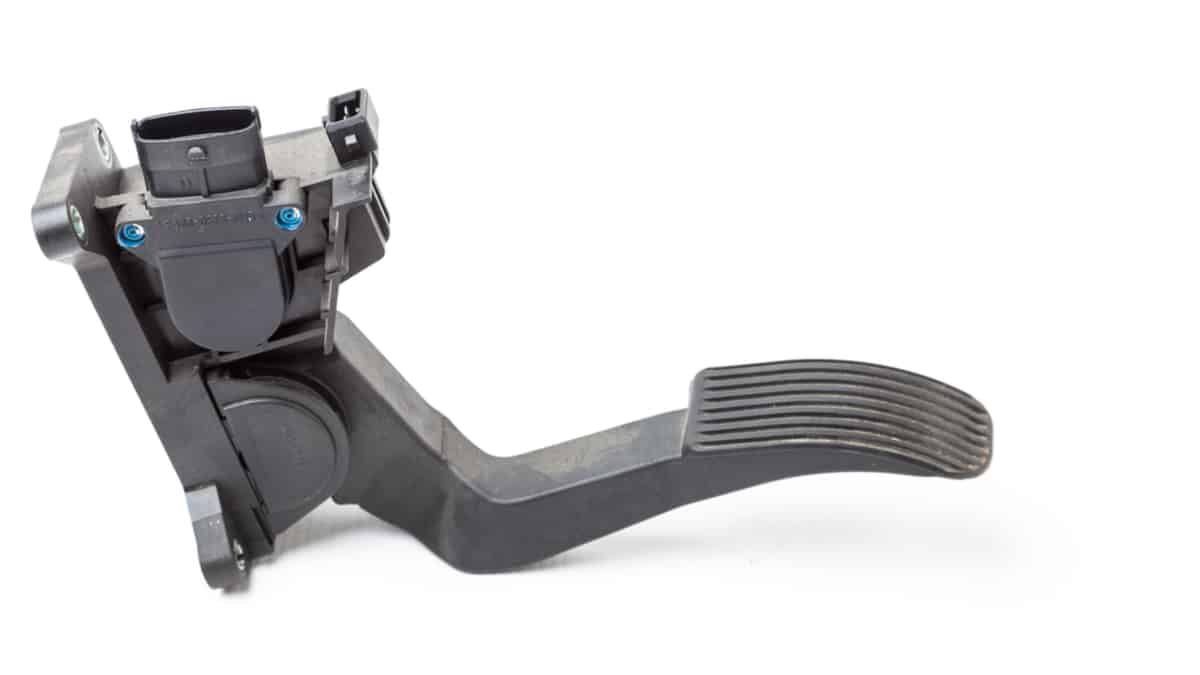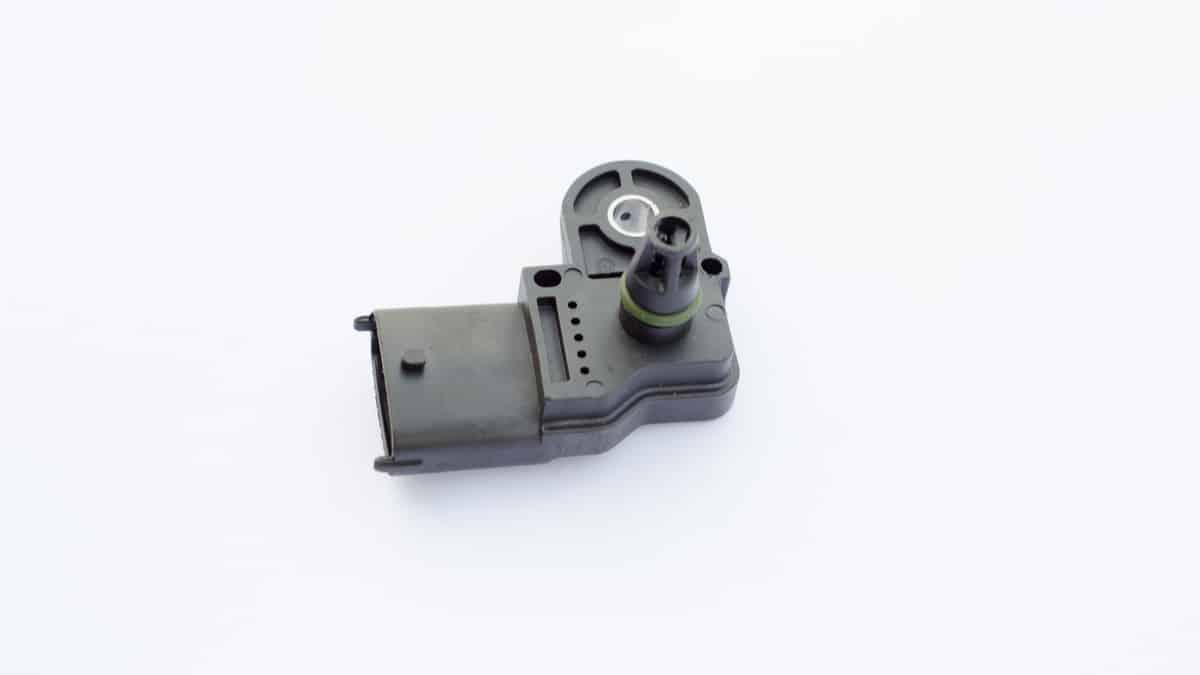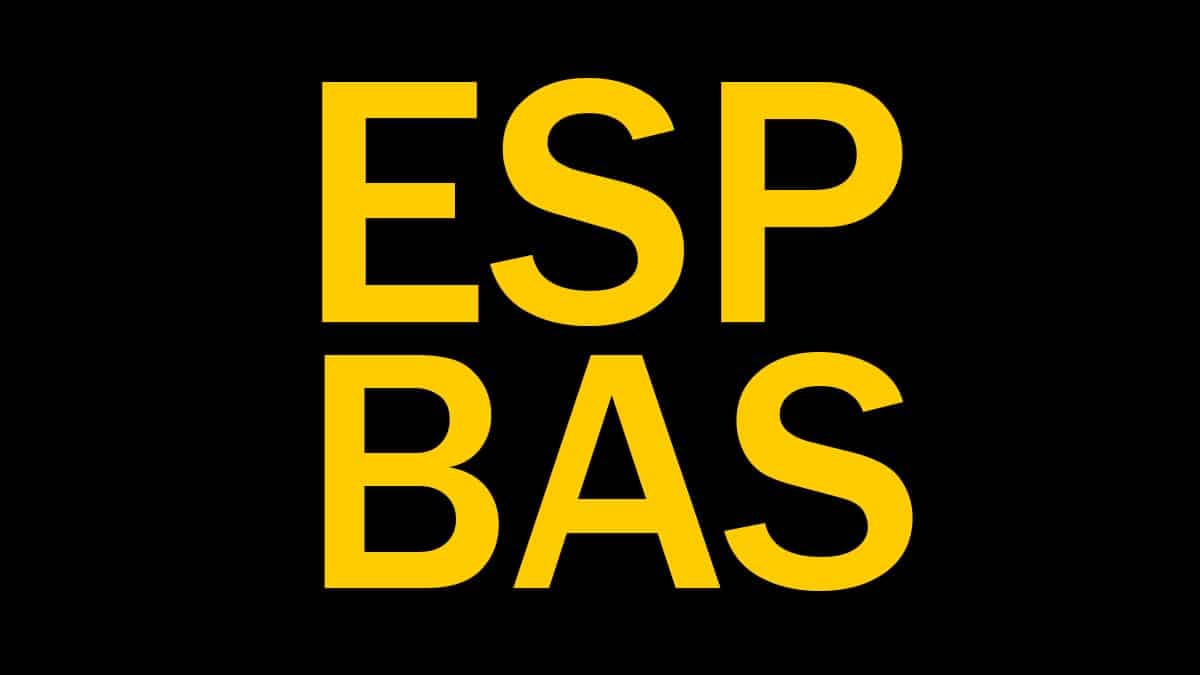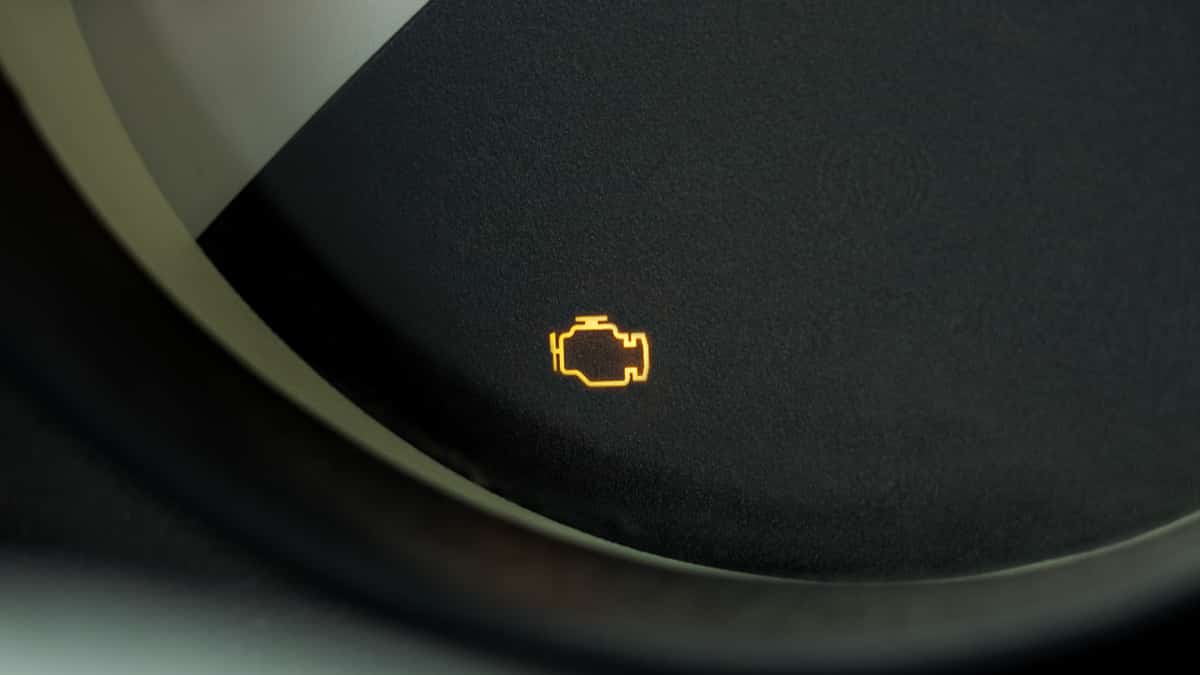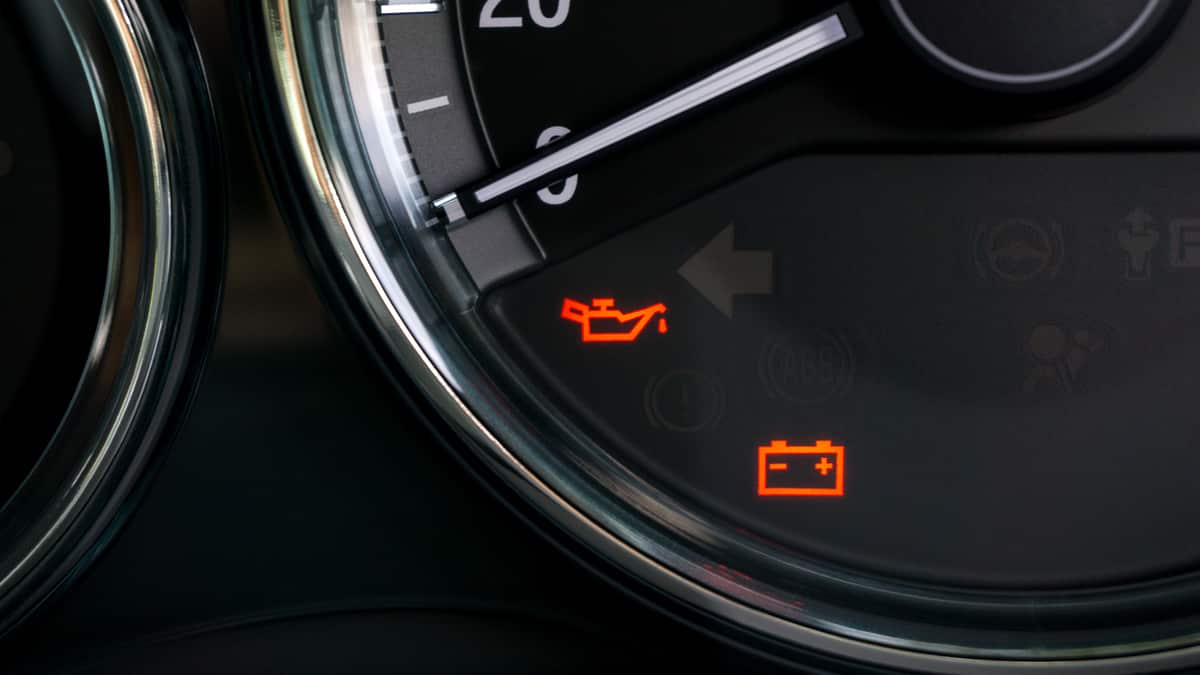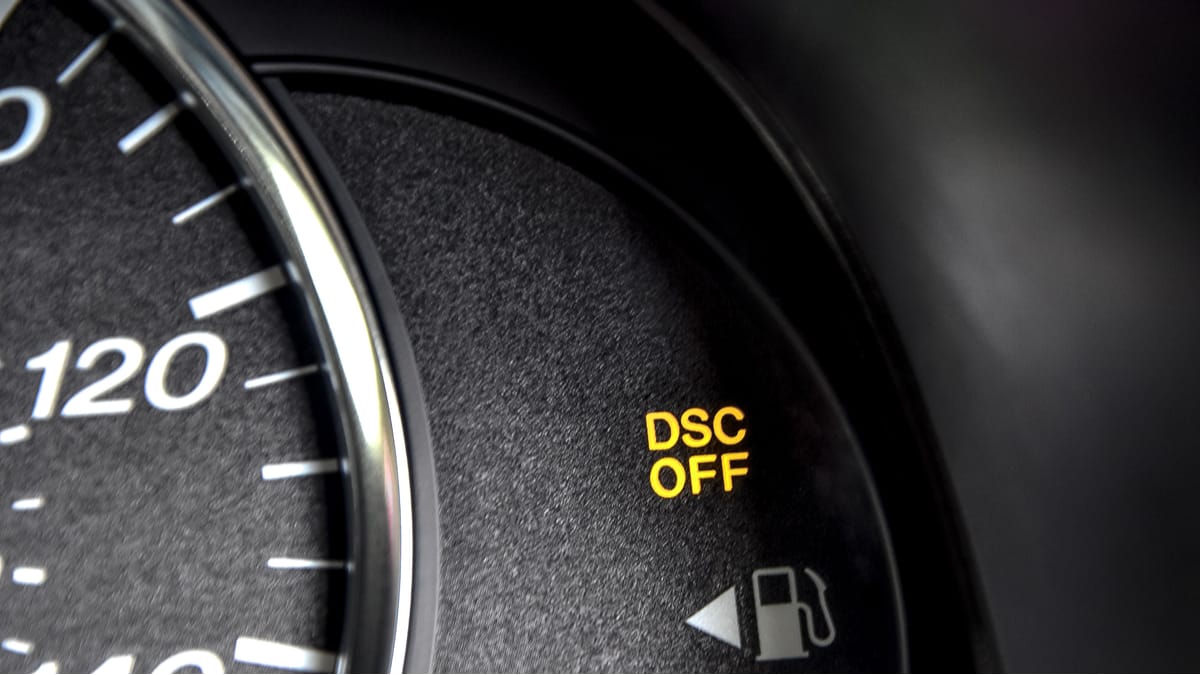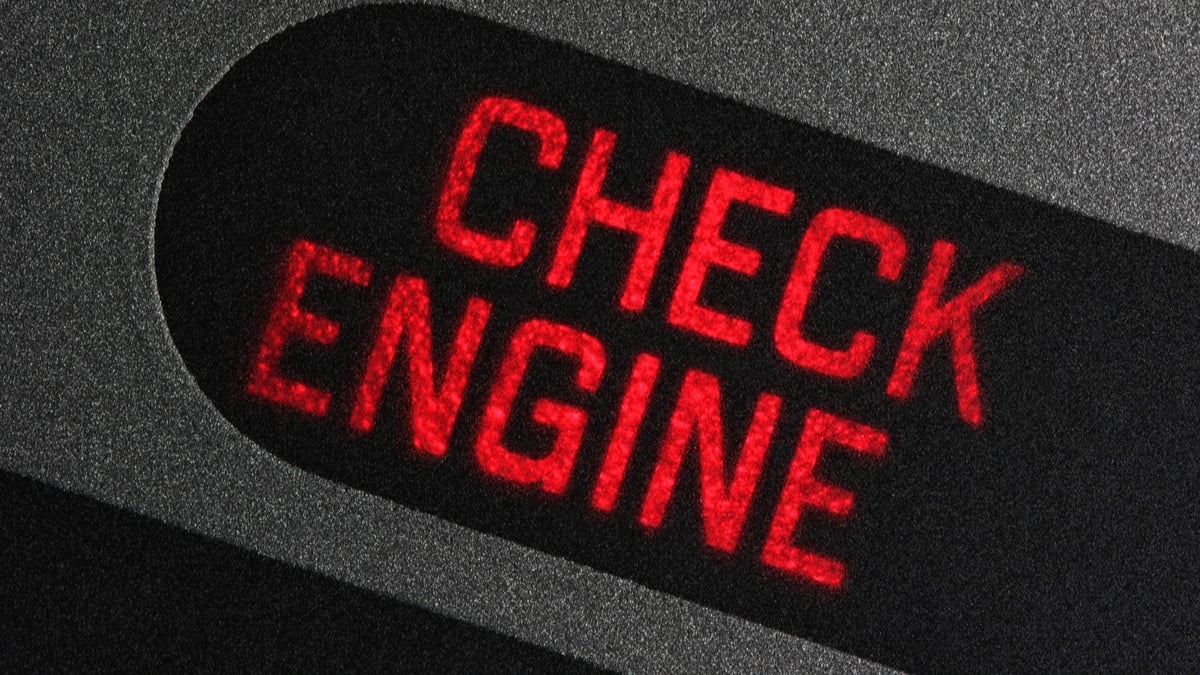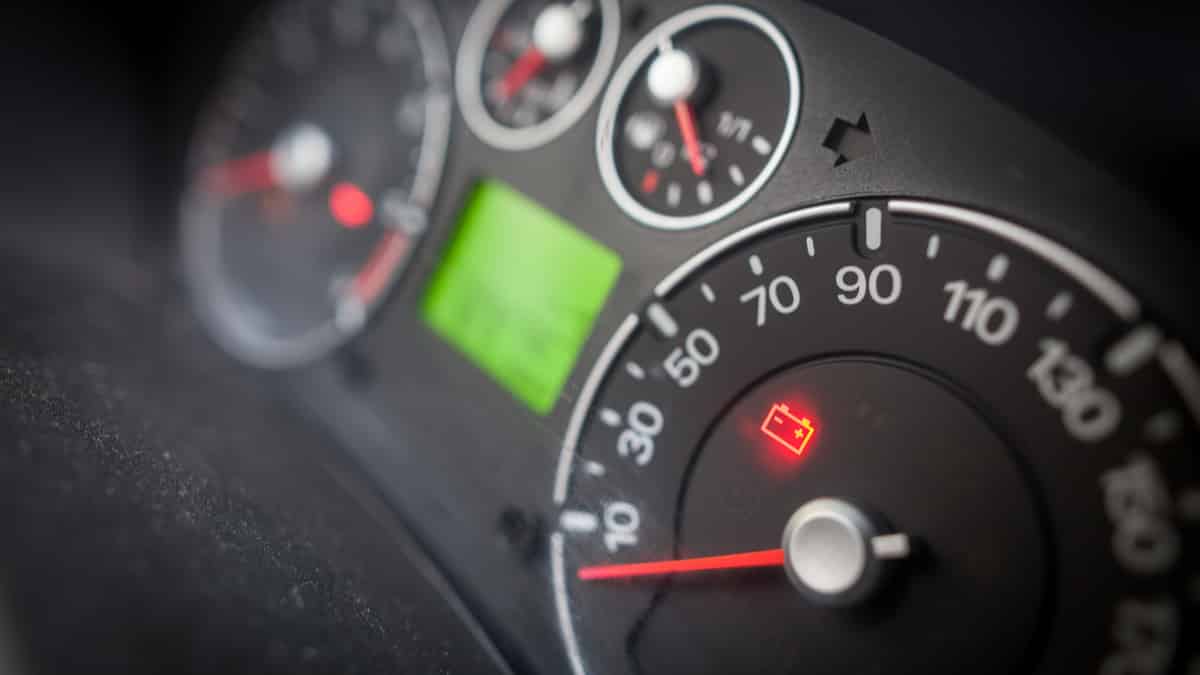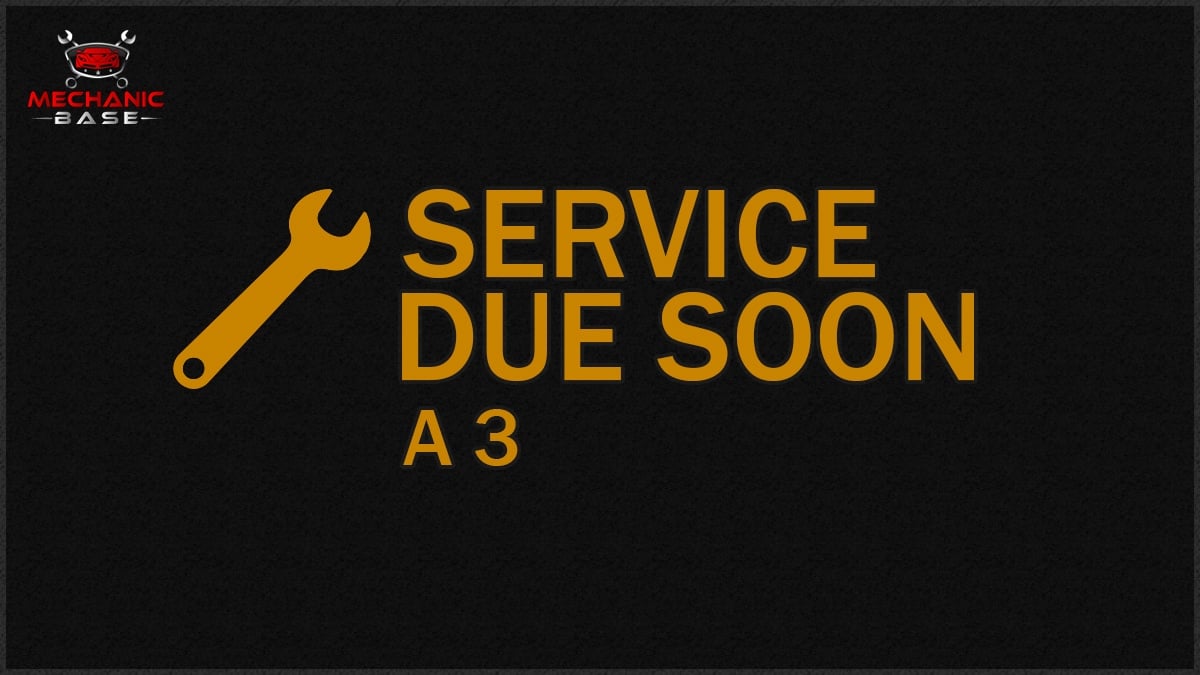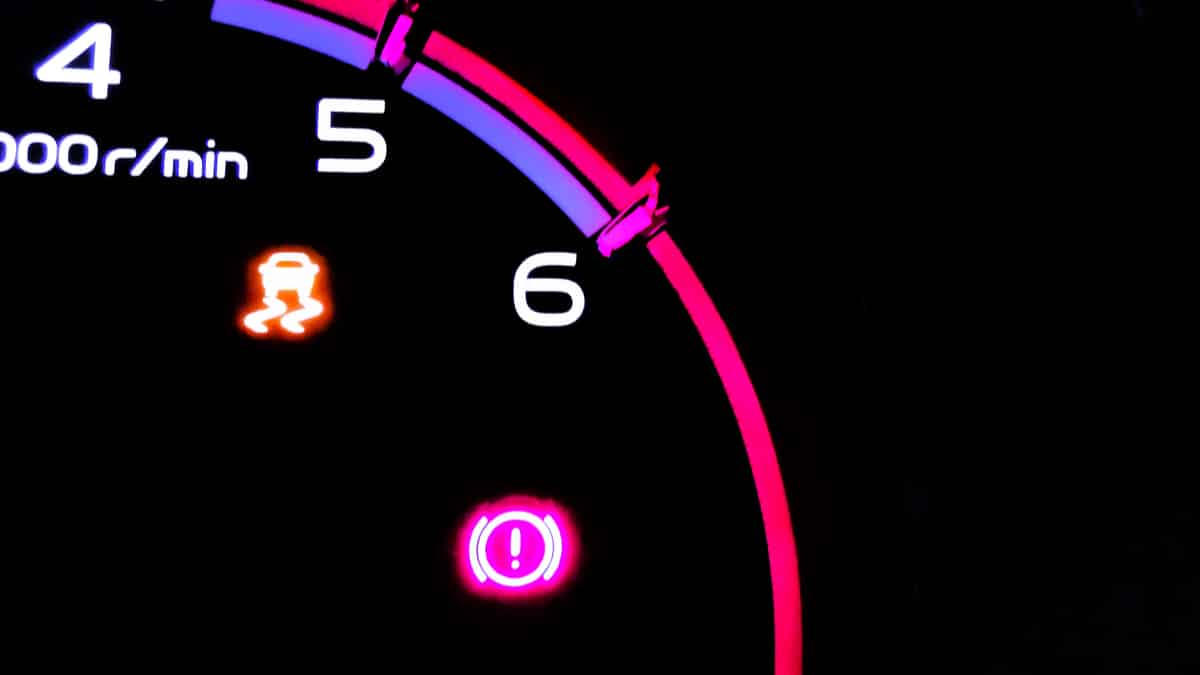Today’s vehicles have more safety features and sensors than you’re probably even aware of. Most of the time these features stay in the background, and you don’t even need to know that they’re there.
But sometimes, these accident-preventing and potentially life-saving features start to act up, and when that happens, it’s important to know what to do.
But what exactly does an ESC light mean, and what should you do when you see it? Keep reading, and we’ll break down everything you need to know and do.
What Does The ESC Light Mean?
The ESC Light indicates that there is a problem with your car’s electric stability control system. This system works hand in hand with your vehicle’s traction control system to help you control your vehicle in dangerous conditions.
But while stability control and traction control are often referred to together, they are not the same system. Stability offers additional features than traction control, including those that can help you in an understeer or oversteer situation.
So, while an electronic stability control system will always incorporate traction control, not every vehicle with traction control has stability control.
Electric Stability Control (ESC) Light Function
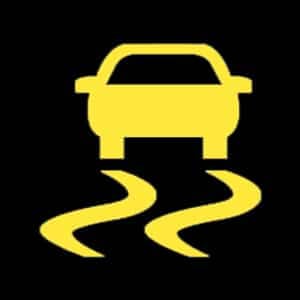
The ESC light is there to alert you when there is a problem in the electronic stability control circuit, or to tell you that your stability control system is currently in use. When this happens, it either means that there’s a problem somewhere in the system, or everything is working as it should, and it’s keeping you from skidding across the road.
If it is working as it should, you’re going to notice. You’ll feel your vehicle applying the brakes to individual wheels, and the light is going to flash on and off, but it won’t stay on. If there’s a problem in the system, the light will stay on, and you’re not likely to notice anything – although it’s possible the system could kick on at any point depending on the fault.
Some type of electronic stability control is required for all modern vehicles, however the type of ESC system the car uses depends on the car manufacturer.
ESC Light Causes
The most common cause of an ESC light is either that the system is turned off by mistake or a faulty wheel speed sensor. It can also be caused by a bad steering angle sensor or a wiring issue.
But while those are the most common causes of an ESC light, they’re not the only things you need to look out for. Below, we have highlighted the four most common reasons why your vehicle’s ESC light may be on.
1. System Is Turned Off
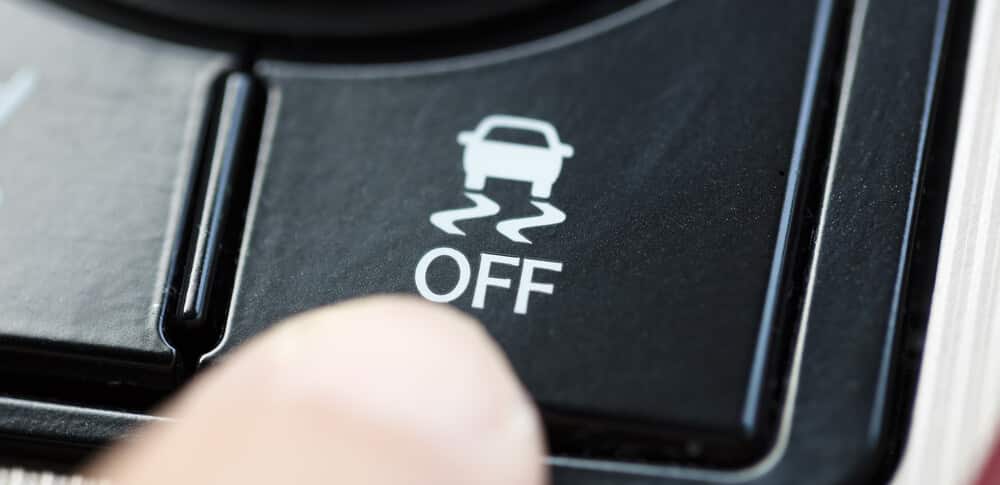
Did you know that in most vehicles, you can turn the stability control system off? While you don’t want to do this unless you’re trying to drift, it is something you can do. And when you turn the ESC system off, the ESC light turns on.
Before you take your vehicle to the repair shop, look up how to turn the system on and off and give it a try. You’d be surprised how many times this fixes the problem and prevents unnecessary headaches.
2. Faulty Wheel Speed Sensors
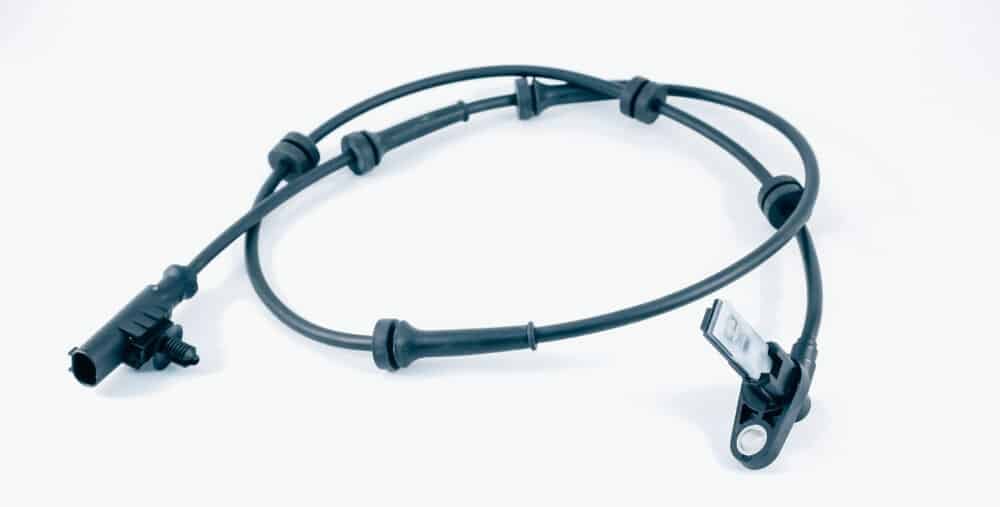
If there is a problem within the system, it almost always comes down to a faulty wheel speed sensor. Your vehicle’s ESC system works by monitoring each wheel speed sensor, and then adjusting the brakes to fit any discrepancies that it notices.
But if one of the wheel speed sensors is completely offline or giving errant readings, then your ESC system will have problems. Verify that each wheel speed sensor is working correctly by hooking up a scan tool and monitoring each sensor’s speed readings while driving.
3. Faulty Steering Angle Sensor
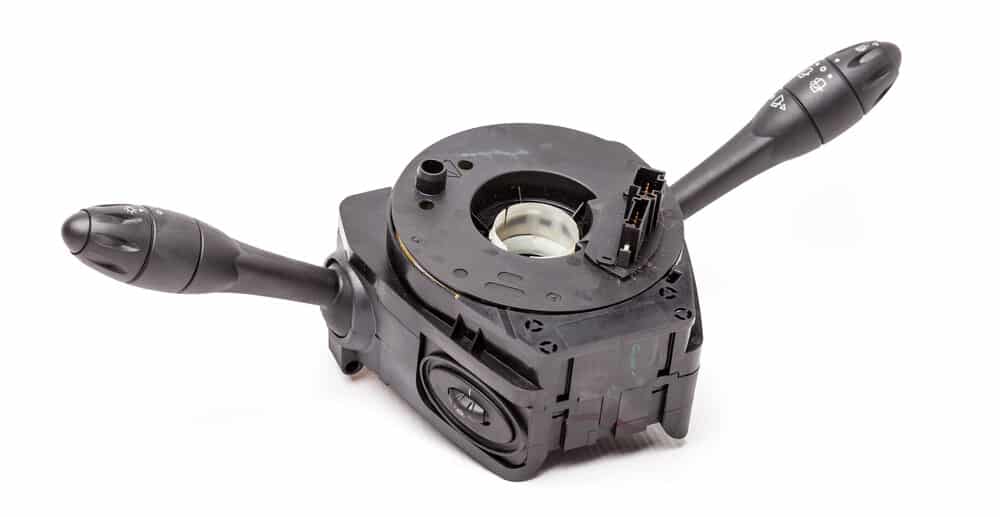
Another sensor that controls your ESC system is the steering angle sensor. This sensor works in tandem with the wheel speed sensors to ensure that each wheel is spinning at an appropriate speed according to the direction you’re going.
That’s because as you turn, the outside wheels are going to spin faster than the inside wheels. This is completely normal, but without the steering angle sensor telling the ECM what’s happening, it’s going to look like one side of your wheels is slipping while the other side has perfect traction.
4. Faulty Wiring/Electrical Problems
The sensors themselves might be working perfectly fine, but if there’s a break in the wiring between the sensor and the ECM, nothing is going to work correctly. While this is a little more on the rare side, it can happen, especially near the wheel speed sensors where the wiring is exposed.
Finally, always verify the power and the battery when checking these sensors. I once spent half a day troubleshooting an ESC system that errantly kicked on at high speeds only to discover the problem was a battery with a dead cell.
The vehicle still started, but it kicked up issues in the ESC system. To this day, I still don’t know how or why it happened – but double-check the battery.
Is It Safe To Drive With an ESC Light?

It is not safe to drive with an ESC light on. But just because your ESC light turns on while you’re driving doesn’t necessarily mean that you have a problem. If the light kicked on and off while driving on slippery roads or while you were skidding, then everything was working the way it should, and you don’t need to worry about a thing.
However, if your ESC light is turning on when it shouldn’t or is staying on all the time (when you haven’t turned the system off), this is not a safe condition to be driving in.
That’s because your ESC system regains stability by turning on your ABS and applying the brakes to individual tires – which means while you’re driving down the road, your brakes can start pumping on and off – even if you’re heading 80 miles per hour down the highway.
So, while you likely won’t run into any problem while driving if you have an ESC light on, the first time it acts up could wind up causing a serious accident.
If the ESC light is showing on your dashboard, it usually indicates that there is an issue with your car’s electronic stability control system. It is usually showing up together with a traction control light or an ABS light.
While there are plenty of things to love about modern technology, it can be tempting to curse at it when things start acting up. But don’t write off the ESC system completely. While it can be a little frustrating when things aren’t working the way they should, it’s a potentially life-saving innovation when you need it most.
The few problems they occasionally cause are well worth it, considering the thousands of accidents they’ve prevented.
Learn more:
- Traction Control Light (TCS) – Meaning, Causes (& How to Fix)
- VDC Light – Meaning, Causes (& How to Fix it)
- Slip Light – Meaning, Causes (& How to Fix it)
Categories: Brakes, Warning Lights
